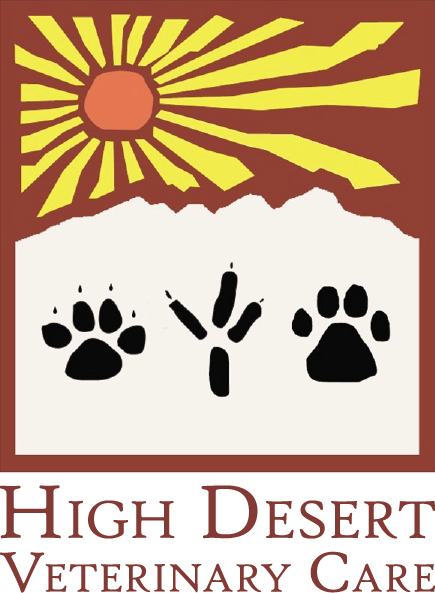Library
-
Palliative medicine is care that is delivered as a dog approaches the end of life. The first step in creating a palliative care plan is to discuss with your veterinarian the expected course of the disease and how it will affect your dog's quality of life. Once a dog's activities of daily living have been identified, it is important to define family beliefs, family needs as care unfolds, and the goals for the dog as death approaches. An essential part of establishing goals of palliative therapy is understanding the expected course of the life-limiting disease. Knowledge about disease allows for the development of a personalized palliative care plan.
-
Pancreatitis in Cats
El páncreas es un órgano vital que se sitúa en la parte derecha del abdomen, al lado del estómago. Produce encimas que ayudan en la digestión de la comida y hormonas como la insulina, que regula el nivel de glucosa en sangre o el metabolismo de la glucosa.
-
Feline Panleukopenia
El término panleucopenia se refiere a una disminución en el número total de glóbulos blancos. Los glóbulos blancos juegan un papel muy importante en la inmunidad y son muy importantes a la hora de las defensas contra infecciones y enfermedades.
-
With its big fringed ears flowing in the breeze like pretty wings, it is easy to see why the Papillon is named after a butterfly, but the Pap also has the lightness, grace, and delicate beauty of its winged namesake.
-
The Parson Russell Terrier, or PRT, epitomizes feistiness. He is confident, fearless, alert, and happy. His liveliness can be a lot of fun in an active household with experienced dog owners.
-
The Pekingese will worship you, but they won't admit it. They'd rather have you believe they run things and have their own perfectly intelligent ideas.
-
Pembroke Welsh Corgis are not lap dogs - they are highly intelligent, decision-making, highly active, outgoing cattle dogs and tend to be dominant. They love being with their family in all activities including long walks and car trips.
-
A Penrose drain is a latex tube placed into a wound with one or two ends exiting the skin to passively remove unwanted fluid, usually from abscesses or open wounds. This handout provides post-operative wound care instructions for cats sent home with a Penrose drain.
-
A Penrose drain is a latex tube placed into a wound with one or two ends exiting the skin to passively remove unwanted fluid, usually from abscesses or open wounds. This handout provides post-operative wound care instructions for dogs sent home with a Penrose drain.
-
Perches should vary in size so birds can firmly and comfortably grip or grasp them. Birds can get sore feet if the perch diameter is the same all the time. Perches not only serve as a place for birds to stand on but also as objects on which to chew. This article discusses the various types of perches, recommendations, and best practices for cleaning and maintenance.

